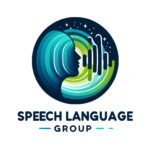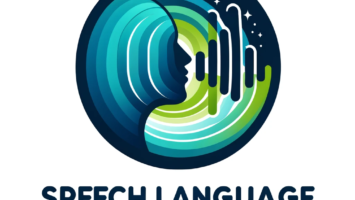Séminaire SLG – Ismail Mohsine -12/06/2025
Le 12 juin à 12h, nous aurons le plaisir d’accueillir une présentation du Dr Ismail Mohsine, spécialiste en hydroinformatique, actuellement en séjour au LIA. La présentation se tiendra en salle S6.Veuillez trouver ci-dessous le résumé du séminaire ainsi qu’une courte biographie du Dr Ismail Mohsine. ==================================== Bio Ismail Mohsine est docteur en sciences de la Terre, spécialiste en hydroinformatique. Formé au laboratoire LG2E (Faculté des Sciences de Rabat), en partenariat avec l’Université d’Avignon et l’IRD, il mène des recherches intégrant géosciences, intelligence artificielle et modélisation environnementale appliquées au domaine des ressources en eau. Résumé Dans un contexte de changement climatique et de pression croissante sur les ressources en eau, la prévision des niveaux piézométriques devient un enjeu majeur pour la gestion durable des aquifères. Cette présentation propose une approche de prédiction basée sur des réseaux de neurones récurrents (type LSTM), appliquée à des séries temporelles multivariées combinant données in situ, satellitaires (NDVI, température, précipitations, évapotranspiration …). Entraînés à l’échelle des unités hydrogéologiques, ces modèles tirent parti de la dynamique temporelle et des variations géographiques des données, tout en intégrant des mécanismes explicites de gestion des valeurs manquantes. Cette méthodologie hybride permet de reconstruire les lacunes de mesure et d’anticiper l’évolution des nappes dans des contextes complexes, contribuant à une Plus d'infos



